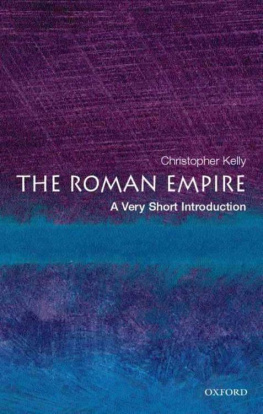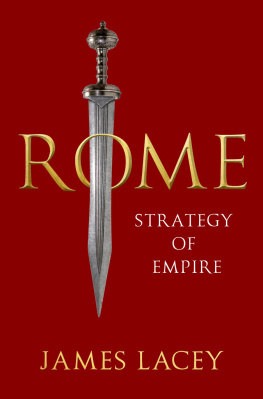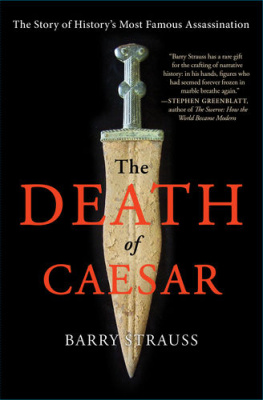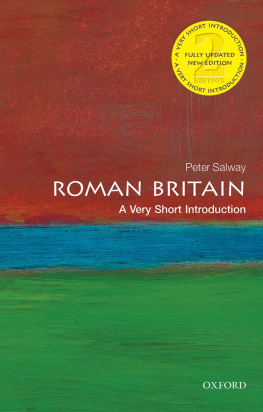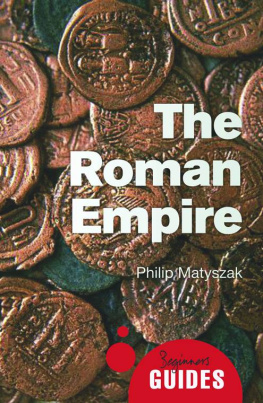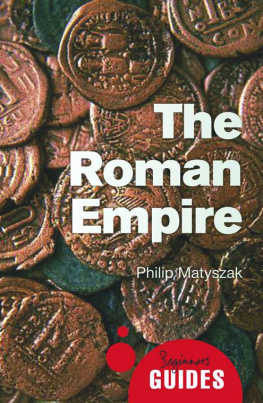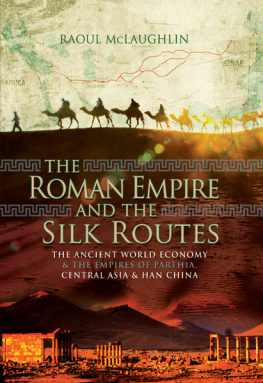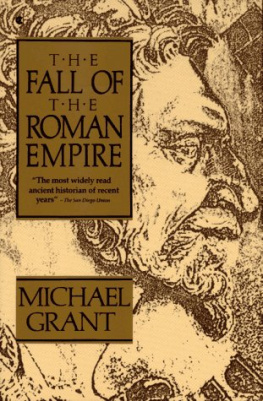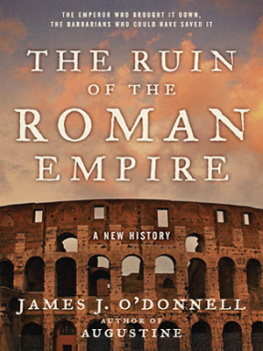Christopher Kelly - The Roman Empire: A Very Short Introduction
Here you can read online Christopher Kelly - The Roman Empire: A Very Short Introduction full text of the book (entire story) in english for free. Download pdf and epub, get meaning, cover and reviews about this ebook. year: 2006, publisher: Oxford University Press, genre: Art. Description of the work, (preface) as well as reviews are available. Best literature library LitArk.com created for fans of good reading and offers a wide selection of genres:
Romance novel
Science fiction
Adventure
Detective
Science
History
Home and family
Prose
Art
Politics
Computer
Non-fiction
Religion
Business
Children
Humor
Choose a favorite category and find really read worthwhile books. Enjoy immersion in the world of imagination, feel the emotions of the characters or learn something new for yourself, make an fascinating discovery.
- Book:The Roman Empire: A Very Short Introduction
- Author:
- Publisher:Oxford University Press
- Genre:
- Year:2006
- Rating:3 / 5
- Favourites:Add to favourites
- Your mark:
The Roman Empire: A Very Short Introduction: summary, description and annotation
We offer to read an annotation, description, summary or preface (depends on what the author of the book "The Roman Empire: A Very Short Introduction" wrote himself). If you haven't found the necessary information about the book — write in the comments, we will try to find it.
Here, historian Christopher Kelly covers the history of the Empire from Augustus to Marcus Aurelius, describing the empires formation, and its political, religious, cultural, and social structures. It looks at the daily lives of the Empires people: both those in Rome as well as those living in its furthest colonies. Romans used astonishing logistical feats, political savvy, and military oppression to rule their vast empire. This Very Short Introduction examines how they romanised the cultures they conquered, imposing their own culture in order to subsume them completely. The book also looks at how the Roman Empire has been considered and depicted in more recent times, from the writings of Edward Gibbon to the Hollywood blockbuster Gladiator. It will prove a valuable introduction for readers interested in classical history.
Christopher Kelly: author's other books
Who wrote The Roman Empire: A Very Short Introduction? Find out the surname, the name of the author of the book and a list of all author's works by series.

